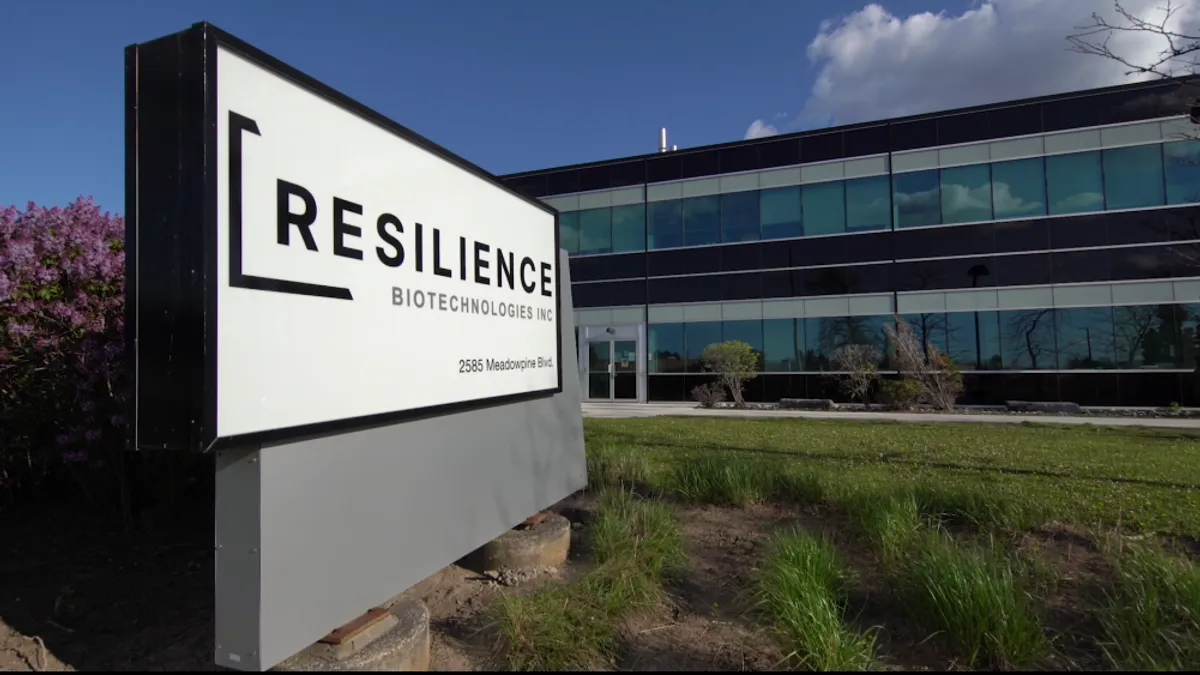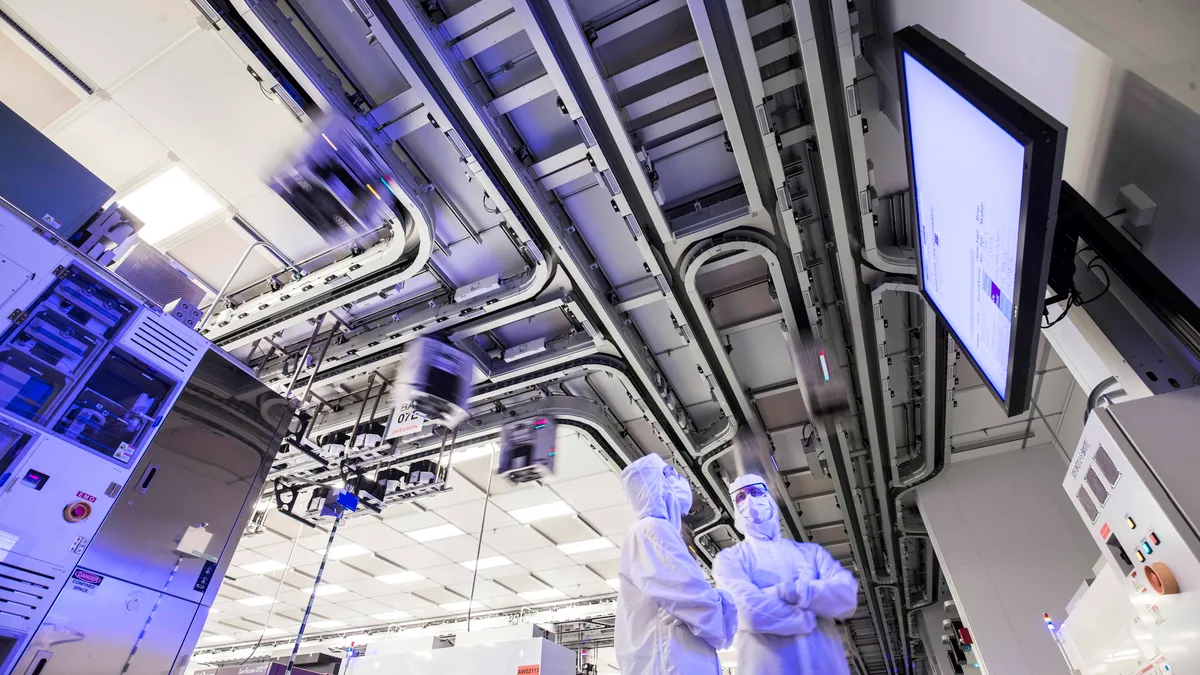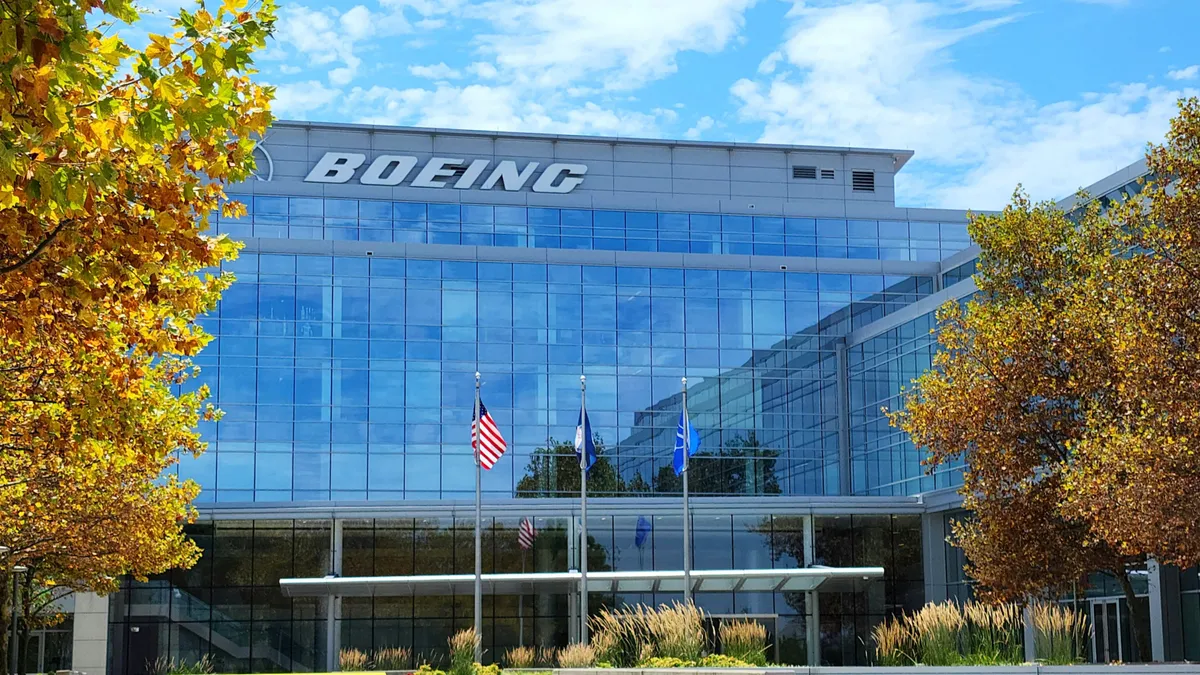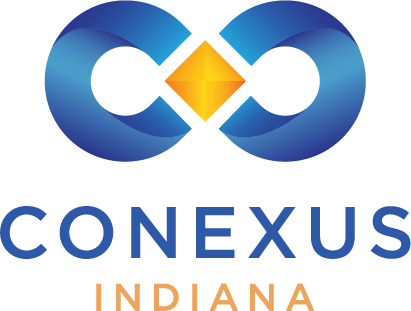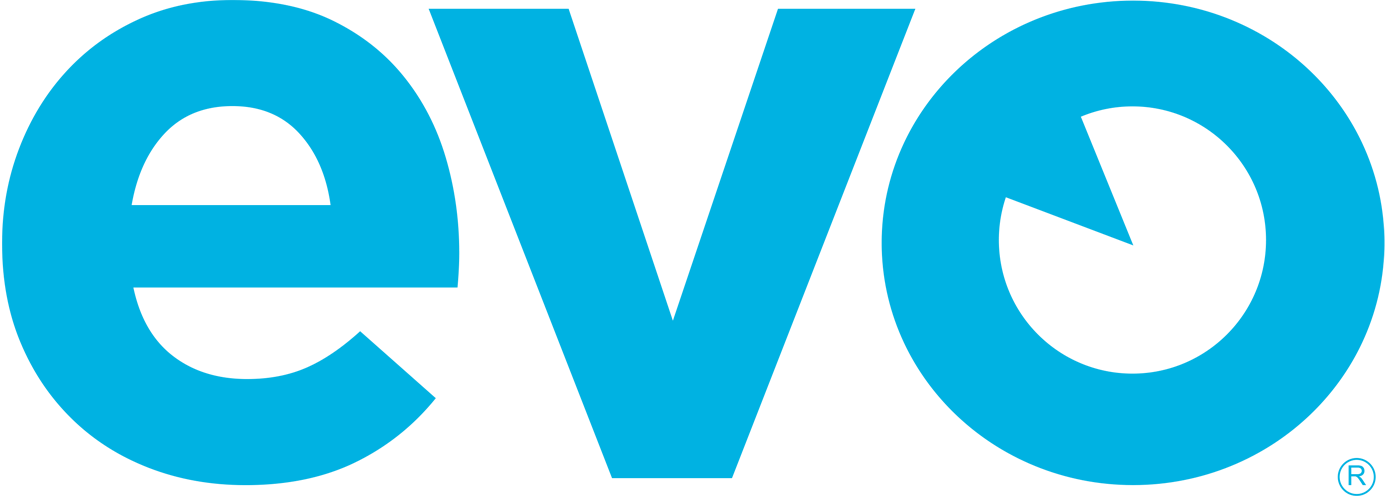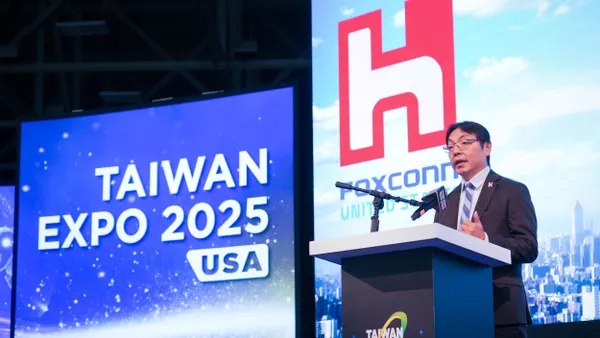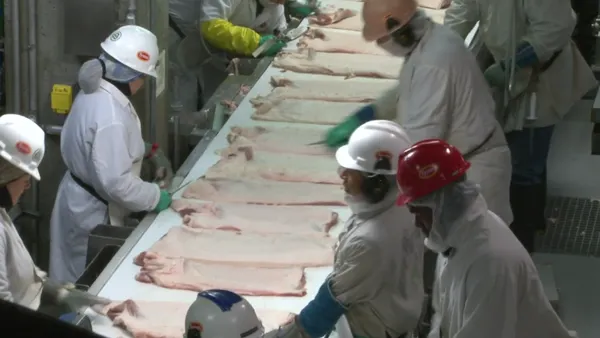Dive Brief:
- National Resilience is expanding its clinical and commercial drug manufacturing capabilities across its network, aiming to provide more than 200 million units to its partners by 2025, according to a Feb. 20 company press release.
- The biomanufacturing company is investing at least $225 million in its Cincinnati, Ohio, facility to boost drug product capacity, and expects to expand to six device assembly and packaging suites by 2025, the release stated.
- The company is also expanding its fill and finish operations of gene therapy medicines at its Research Triangle Park site in Durham, North Carolina, yet the amount invested hasn’t been disclosed.
Dive Insight:
National Resilience’s expansion addresses the biomanufacturing industry’s widespread demand for various therapies and products, including GLP-1 weight-loss drugs.
The Cincinnati facility currently operates three high-speed fill lines for vials, cartridges and pre-filled syringes, with a fourth PFS fill line set for completion by 2025.
“As a highly experienced team already supporting a leading pharmaceutical company with their GLP-1 products, this expansion further supports Resilience’s mission to ensure adequate biomanufacturing capacity by addressing and overcoming historic manufacturing challenges throughout the industry,” Rahul Singhvi, National Resilience CEO, said in the release.
National Resilience is also enhancing its Durham facility to support gene therapy drug production. This includes a new Bausch+Ströbel Isolator filler to support vials and PFS. An additional 45,000 square feet of space is also available for further operational expansion.
As part of its expansion strategy, National Resilience also plans to expand its site in West Chester, Ohio, and nearly double the biomanufacturer's current capacity.
Two other key GLP-1 drug making players also announced major expansions this month. Eli Lilly, which produces GLP-1 drugs Zepbound and Mounjaro, announced plans to expand its diabetes and weight-loss injectable production capacity this year.
Novo Nordisk also said it plans to acquire GDMO giant Catalent for $16.5 billion, another big drug company in the GLP-1 industry. Prior to its acquisition, Catalent had been building up its weight-loss drug capacity at its Indiana and Italy sites, and was on track to increase its GLP-1 revenue forecast by five-fold for fiscal year 2024.



